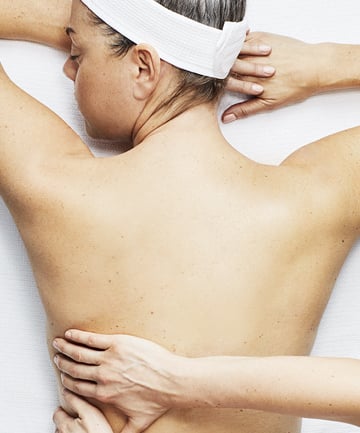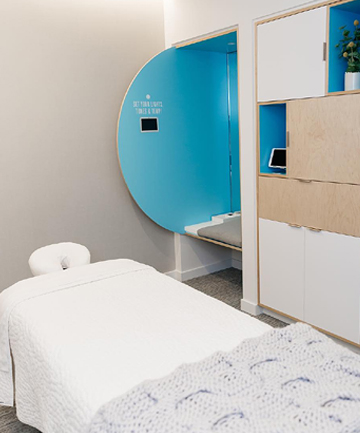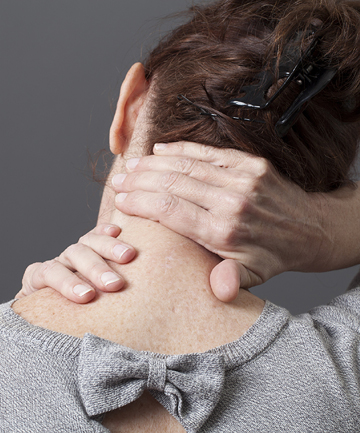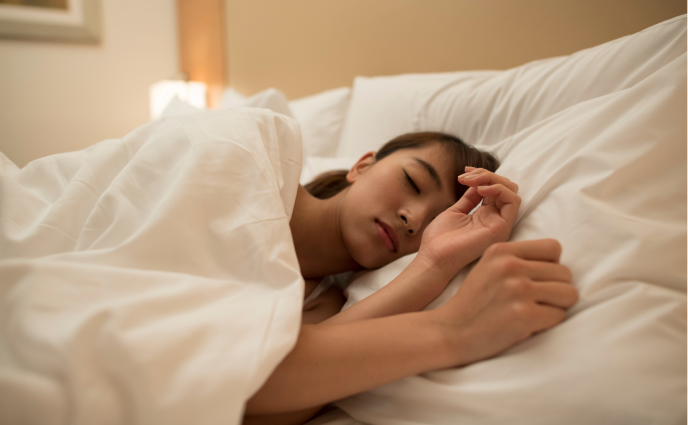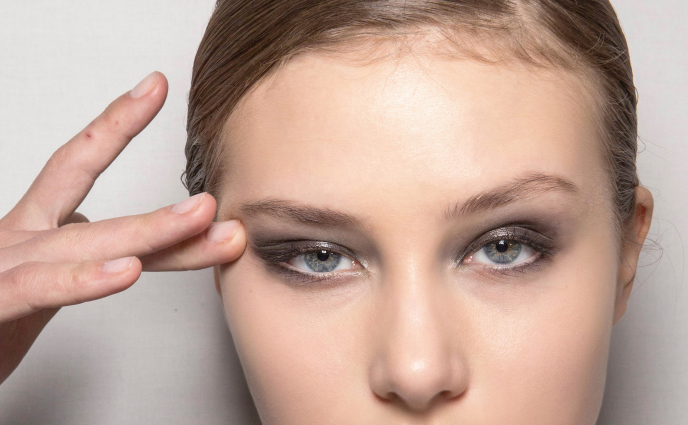Because massages help reduce physical tension/pain and alleviate stress, they can also help improve the quality of our sleep, notes Caitlyn Curtin, the lead massage therapist at Los Angeles' Squeeze.
For example, in a 2006 experiment, Chinese researches studied the effect of massages on 166 people with insomnia. They divided the study group in half. The controlled group received herbal pills for three times a day for 15 days while the other group received 15 consecutive days of massages. The researchers concluded that 67 of the members in the massage group had been cured from insomnia, with 13 others having notably improved sleep, as well. The control/pill group only had 10 cured cases with an additional 21 people experiencing some notable improvement. Compelling stuff, right?
Of course, the impact of getting good sleep is huge. Not only do we have more energy and feel more alert, but good sleep affects our health. Studies found that getting consistent, high quality sleep reduces our chances of developing heart attacks, dementia, and Alzheimer's.
Image via Naturopathica
Both Close and Curtin say that once a month is a great number to shoot for (but if you can do once a week, even better). Many spas, including Squeeze and Regi, as well as on-demand apps such as Soothe and Zeel, provide monthly massage memberships that reduce your overall cost.
Image via @squeeze
While a professional massage is the ideal, we understand that it's not always a feasible option. That's where self-administered massages come in.
"Most people carry a lot of tension and stress in their neck and shoulders, so to massage this area start by relaxing your shoulders and let your head fall so your chin is to your chest. Where your neck and shoulders meet, use two or three fingers to press and hold while you roll your shoulders forward and backward," says Curtin. "Therapy balls and foam rollers are also great at-home remedies. These all help to release tension a bit."
Image via STUDIOGRANDOUEST/iStock/Getty Images Plus/Getty


